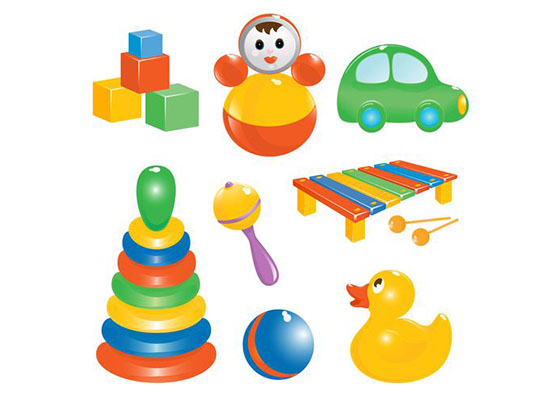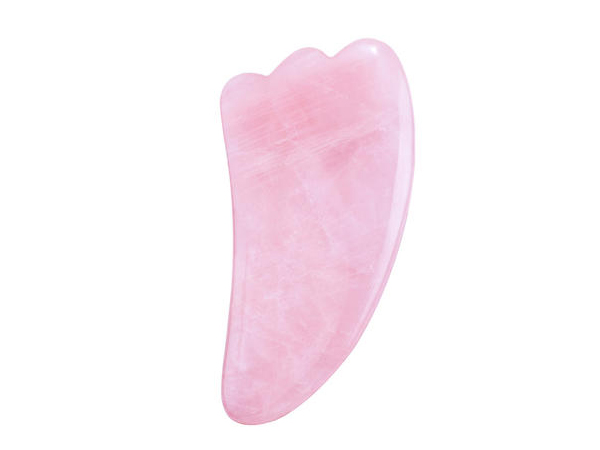If you want to driving safety, having the right tires for different seasons is crucial. Winter tires are specifically designed to provide better traction and handling in cold, icy, and snowy conditions, while summer tires are optimized for warm weather and offer enhanced performance on dry and wet roads. However, as the seasons change, many drivers wonder if they can keep their winter tires on during the summertime. In this blog post, we will explore the feasibility of using winter tires in the summer knowledge.
Understanding Winter Tires:
Winter tires are designed to excel in low temperatures and adverse weather conditions. They feature unique tread patterns with deeper grooves and more sipes, which provide improved traction on snow and ice. The rubber compounds used in winter tires remain flexible even in freezing temperatures, allowing for better grip. These tires offer benefits such as shorter braking distances, enhanced handling, and increased safety when driving in winter climates.
Understanding Summer Tires:
Summer tires, on the other hand, are designed to optimize performance in warm weather. They have shallower tread patterns and fewer sipes compared to winter tires. The rubber compounds used in summer tires are formulated to withstand high temperatures, providing better grip on dry and wet roads. Summer tires offer benefits such as improved cornering stability, shorter braking distances, and reduced hydroplaning risk during heavy rain.
Differences between Winter and Summer Tires:
Tread patterns and depth:
Winter tires have deeper grooves and more aggressive tread patterns to channel slush, snow, and water away from the tire’s contact patch. Summer tires have shallower tread patterns to maximize contact with the road surface, providing better traction on dry and wet pavement.
Rubber compounds and temperature sensitivity:
Winter tires use rubber compounds that remain flexible in cold temperatures, allowing them to maintain grip on icy surfaces. Summer tires use rubber compounds optimized for warmer temperatures, providing better performance and durability in heat.
Handling, braking, and cornering capabilities:
Winter tires are designed to provide optimal grip in winter conditions, including snow and ice. They offer shorter braking distances and improved handling in these challenging environments. Summer tires are engineered for warmer temperatures, offering superior handling, cornering stability, and shorter braking distances on dry and wet roads.
Noise, comfort, and fuel efficiency:
Winter tires tend to produce more noise due to their aggressive tread patterns, which can affect driving comfort. Summer tires, with their shallower tread patterns, generally offer a quieter and more comfortable ride. Additionally, summer tires often provide better fuel efficiency compared to winter tires.
Can I Keep Winter Tires on in the Summertime?
While it may be tempting to keep winter tires on your vehicle year-round to avoid the hassle of switching tires, it is not recommended for several reasons.
Risks and drawbacks of using winter tires in the summer:
Winter tires are not designed for warm weather conditions, and using them in the summer can result in decreased performance, reduced traction, and compromised safety. The softer rubber compounds of winter tires can wear out more quickly in hot temperatures, leading to reduced grip and handling capabilities.
Potential damage to the tires and decreased performance:
The heat generated during summer driving can cause winter tires to overheat and wear out faster. The softer rubber compounds may become excessively worn, reducing their ability to provide adequate traction. This can compromise braking distances and overall performance.
Impact on fuel efficiency and road noise:
Winter tires often have higher rolling resistance, which can negatively affect fuel efficiency. Using them in the summer can result in increased fuel consumption. Additionally, the aggressive tread patterns of winter tires. Additionally, the aggressive tread patterns of winter tires can generate more noise when driving on dry pavement. This can lead to a less comfortable and quieter driving experience compared to summer tires, which are designed for optimal road noise reduction.
Safety concerns and reduced traction in warm conditions:
Winter tires are optimized for cold weather, snow, and ice. Their unique tread patterns and rubber compounds are not suitable for warm road surfaces. Using winter tires in the summer can result in reduced traction and compromised handling, especially during emergency maneuvers or when driving on wet roads. This can increase the risk of accidents and jeopardize the safety of both the driver and other road users.
Optimal Tire Maintenance and Storage:
To ensure optimal tire performance and longevity, it is important to practice proper tire maintenance and storage, especially when transitioning between winter and summer tires.
Best practices for tire maintenance and rotation:
Regularly inspect your tires for signs of wear, damage, or uneven tread wear. Rotate your tires according to the manufacturer’s recommendations to promote even wear and prolong tire life. Proper inflation is also essential for optimal performance and safety.
Proper storage of winter tires during the summer months:
When it’s time to switch from winter to summer tires, store your winter tires in a cool, dry, and dark location. Clean them thoroughly before storage and ensure they are properly inflated. Consider using tire storage bags to protect them from dirt, dust, and UV exposure. This will help preserve the integrity and performance of your winter tires until the next winter season.
Considerations for tire replacement and installation:
If your winter tires are nearing the end of their usable life or show significant signs of wear, it may be time to consider replacing them. When installing your summer tires, ensure they are properly balanced and aligned for optimal performance and safety.
Related:
Can You Use Winter Tires All Year?
FAQs:
Can I keep my winter tires on if I live in a region with mild summers?
Even if you live in a region with relatively mild summers, it is still recommended to switch to summer tires. Winter tires are designed for cold weather conditions and their performance may be compromised in warmer temperatures. Switching to summer tires will ensure optimal traction, handling, and safety during the summer months.
What are the potential risks of using winter tires in the summer?
Using winter tires in the summer can lead to reduced traction, longer braking distances, compromised handling, and increased wear. The softer rubber compounds of winter tires can wear out faster in hot temperatures, diminishing their performance and safety benefits.
Can I use all-season tires instead of summer tires in the summertime?
While all-season tires are designed to provide acceptable performance in both summer and winter conditions, they are not optimized for extreme temperatures or specific weather conditions. If you live in an area with distinct summer weather patterns, it is still recommended to switch to dedicated summer tires for the best performance and safety.
Can I use summer tires in the winter?
Summer tires are not designed for winter conditions, especially on snow and ice. They have less traction and handling capabilities in cold temperatures compared to winter tires. It is crucial to switch to winter tires for optimal safety and performance during winter months.
How often should I rotate my tires?
Tire rotation intervals vary depending on the vehicle and tire manufacturer’s recommendations. As a general guideline, it is recommended to rotate your tires every 5,000 to 8,000 miles (8,000 to 12,000 kilometers) or as specified in your vehicle’s owner’s manual. Regular tire rotation promotes even wear and prolongs tire life.
Can I store my winter tires outside during the summer?
Storing your winter tires outside during the summer is not ideal. Exposure to sunlight, heat, and moisture can accelerate rubber degradation and reduce tire lifespan. It is best to store your winter tires in a cool, dry, and dark location, such as a garage or storage area.
How can I prolong the lifespan of my tires?
Regular tire maintenance, including proper inflation, regular inspections, and tire rotations, can help prolong the lifespan of your tires. Additionally, storing your tires properly when not in use, avoiding aggressive driving behaviors, and maintaining proper wheel alignment can contribute to increased tire longevity.
Conclusion:
While it may be convenient to keep winter tires on during the summertime, it is not recommended due to the significant differences between winter and summer tires. Winter tires are specifically designed to excel in cold weather conditions, and using them in warm temperatures can lead to reduced traction, compromised safety, increased fuel consumption, and decreased tire lifespan. To ensure optimal performance and safety, it is advisable to switch to summer tires when the weather becomes warmer. Proper tire maintenance and storage practices also play a vital role in prolonging the lifespan of your tires. By selecting the appropriate tires for each season and following recommended maintenance guidelines, you can enjoy enhanced performance, safety, and peace of mind on the road.



